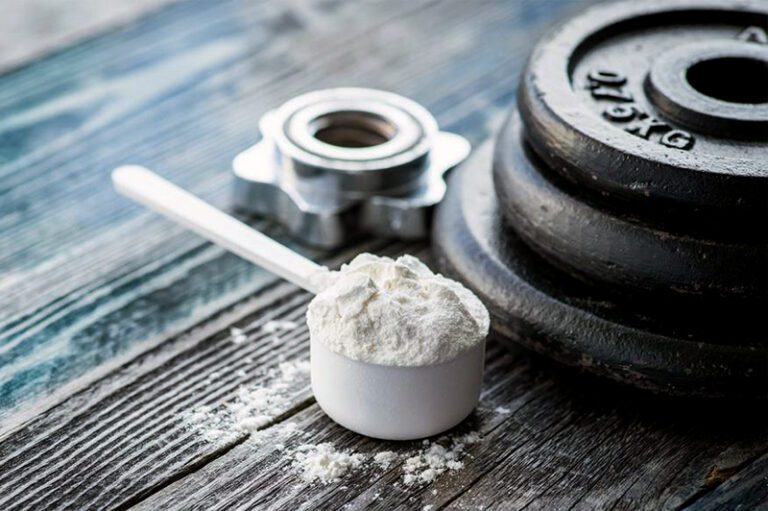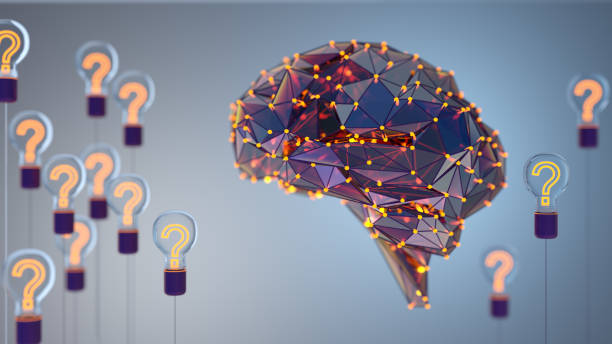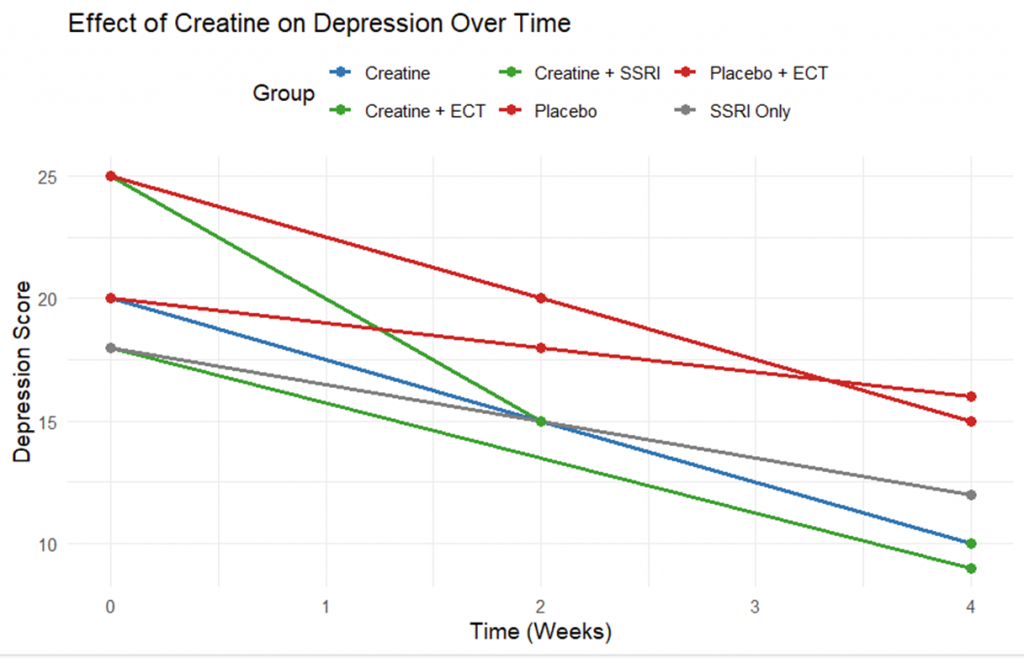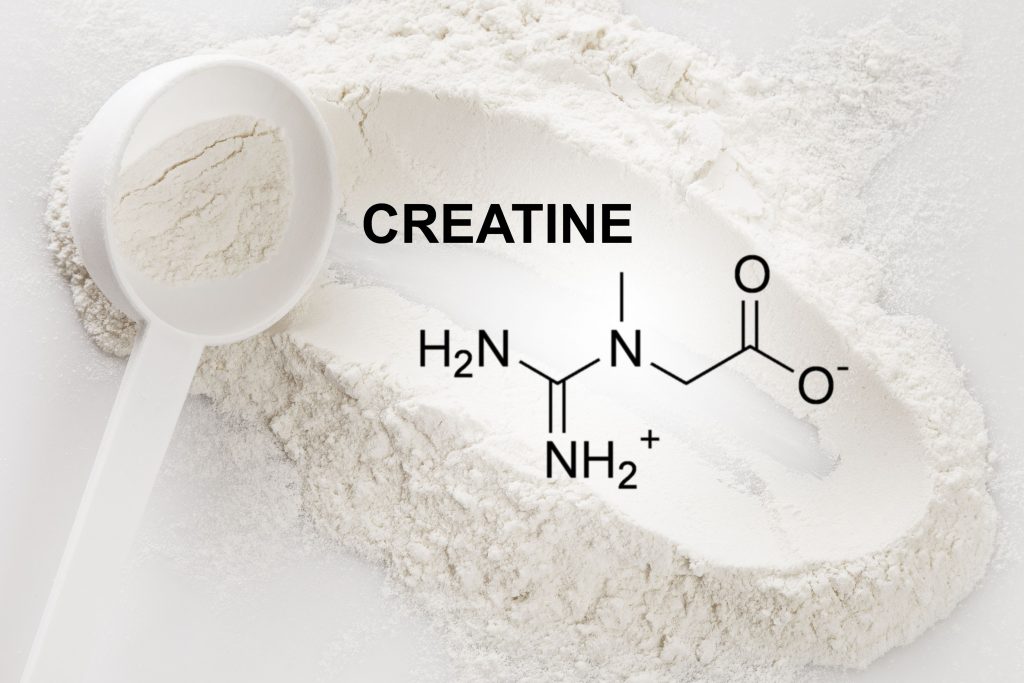
What is Creatine?
Creatine is known for its power improvement, giving explosive strength and assuring rapid recovery. It’s a compound the body naturally creates and stores in muscle cells to help produce energy. Ongoing research is studying its role in mental health, specifically its potential to lower the levels of depression.
With depression on the rise worldwide, many are looking for fresh ways to manage symptoms, particularly when traditional therapies don’t seem to do enough. Some researchers are now asking: Can creatine, already popular among athletes, also help lessen the weight of depression? To explore this idea, several clinical studies have taken a closer look at how creatine affects mood.

The Insights from Clinical Research
A handful of studies have started shedding light on this possibility. For example, one pilot study from 2013 looked at creatine monohydrate in women with major depressive disorder. Another 2012 study examined the effects of combining creatine with common antidepressants known as SSRIs. There’s even been research into creatine’s use alongside electroconvulsive therapy (ECT). In each case, researchers collected key pieces of data—depression scores over time, treatment details, and even factors like age and gender—to see if there was a measurable difference.

What the Data Shows
- Faster Improvement with Creatine
One of the most eye-opening findings came from a graph that followed depression scores over a few weeks. Participants who took creatine showed a more rapid and significant improvement compared to those who received a placebo or only the standard antidepressant treatment. By the fourth week, some creatine groups had seen their scores drop by nearly 50%, while those on placebos only experienced a 10–20% reduction.

2. Striking Reductions at Week 4
Another chart compared the percentage drop in depression scores among different treatment groups. The combination of creatine with either SSRIs or ECT led to particularly notable improvements. This suggests that creatine might enhance the effectiveness of traditional treatments, giving patients a boost in their recovery journey.

3. Consistency Across the Board
A third type of visualization—a box plot showed the consistency of results. Not only did those taking creatine improve more, but their progress was also more uniform compared to the placebo group, where results were all over the map. This steadiness hints at creatine offering a reliable benefit when it comes to easing depressive symptoms.

The Bottom Line
All this data points to one thing: while creatine isn’t a magic bullet for depression, it shows real promise as a supporting treatment. When combined with traditional therapies, creatine might help reduce depressive symptoms more effectively, and it represents an accessible, low-cost option worth further exploration.
In Conclusion
In a world where depression is on the rise, finding new strategies to support mental health is crucial. Creatine’s potential to play a part in this fight—by complementing existing treatments—opens up exciting possibilities. More research will tell us exactly how far creatine can go in helping people manage depression, but the early signs are encouraging.

